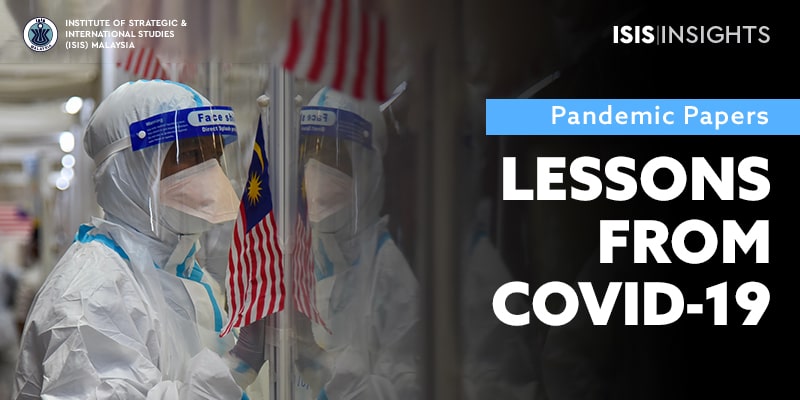The year 2021 was when most governments tried to find a new normal in an ever-changing Covid-world. For Southeast Asia, it meant launching national immunisation programmes and managing local economies while keeping a watchful eye on geopolitical developments. While the pandemic brought about a host of new challenges, foreign relations have not been impacted the way domestic issues were.
China’s ‘soft power’ on show in Southeast Asia
Expert
Angeline Tan
Angeline Tan is an analyst at ISIS Malaysia. Her research covers East Asia’s international relations, with a particular focus on China. She is interested in China’s foreign policy, Japan’s strategic approaches to Southeast Asia, and the impact of US-China’s tech rivalry on the region. Angeline contributed to “Focus in Continuity: A Framework for Malaysia’s Foreign Policy for a Post-Pandemic World” published by the Ministry of Foreign Affairs in 2021. Her work has also been featured in The Diplomat, South China Morning Post, New Straits Times and The Edge. Angeline was a Visiting Research Fellow at the Japan Institute of International Affairs (JIIA) in 2023. She received an MSc International Relations from the London School of Economics and Political Science, and graduated with First Class Honours for her bachelors at King’s College London.
By: Angeline Tan
- BFM podcast: All eyes on China’s twice-a-decade 20th national congress of the communist party?17 October 2022
- Focus on boosting booster rates in laggard states04 August 2022
- Asean must play cards right amid competition19 June 2022
- Narrowing educational inequality – Malaysia’s perspective09 June 2022
- China stumbles over zero-Covid strategy12 May 2022





